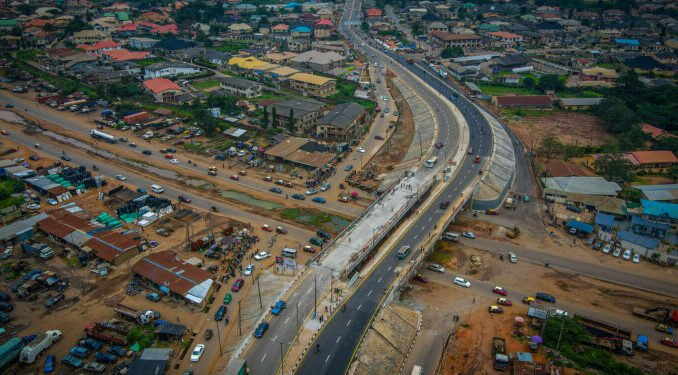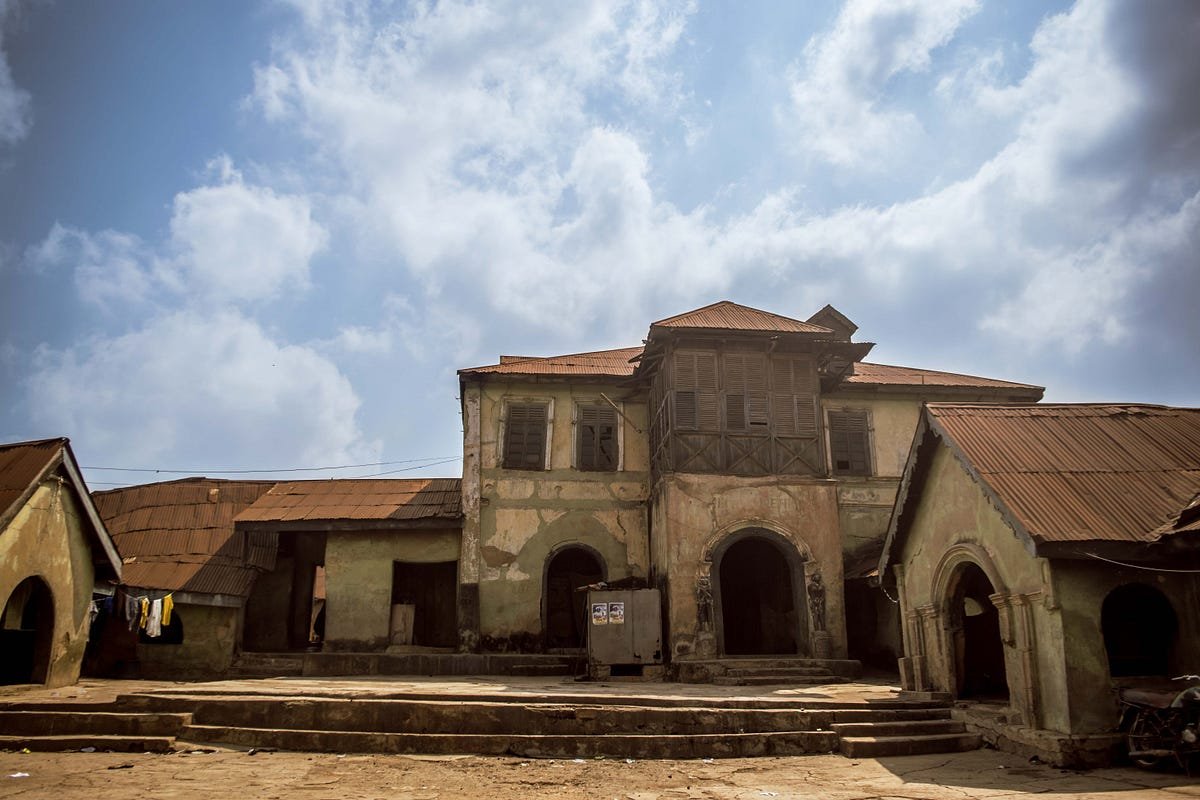
Ibadan is located in southwestern Nigeria, Ibadan is a bustling metropolis and the capital of Oyo State. Its story, however, begins not with grand cityscapes, but with a fight for survival.
Contents
Early Days: A Haven for the Displaced
Ibadan’s exact origins are shrouded in a bit of mystery. While written records place its founding around 1829, oral tradition suggests earlier settlements. The name itself, “Ibadan,” is said to come from the Yoruba phrase “Eba Odan,” meaning “by the edge of the meadow.”
The region’s history took a dramatic turn in the 18th century. The powerful Oyo Empire began to crumble, and warfare ravaged Yorubaland. People fleeing violence from nearby towns sought refuge in the hilly area that would become Ibadan. These refugees, many of them warriors, banded together to form a new community.
The Rise of Ibadan Warriors
By the early 19th century, Ibadan had transformed from a haven for the displaced into a formidable military force. The intertribal conflict continued, with the Fulani people expanding from the northwest. The Ife, Ijebu, and Oyo Yoruba groups joined forces, using Ibadan as a strategic war camp.
Historians credit figures like Lagelu, a war leader from Oyo, with playing a key role in Ibadan’s early development. These combined forces successfully pushed back against the Fulani advance. However, after the victory, tensions arose between the different Yoruba groups.
A Unique System of Power
In 1829, the Oyo Yoruba emerged dominant, and Ibadan officially became a city. A fascinating aspect of Ibadan’s history is its unique leadership structure. To maintain stability, a power-sharing system was established. The city was divided between two ruling lines:
- The Bale line, representing the civilian administration.
- The Balogun line, responsible for the military.
Both lines reported to a council of chiefs, ensuring a balance of power. This system, though complex, helped Ibadan maintain its strength and influence.
See>>> Fun In Ibadan: 15 Popular Places For Hangout
Ibadan’s Golden Age
Throughout the 19th century, Ibadan continued to expand its territory through trade and conquest. Its strategic location, at the crossroads between the coastal region and the hinterland, made it a major trading hub. The city flourished as a centre for commerce, with goods like palm oil, cotton, and kola nuts changing hands.
What is Ibadan Known For Today?
Today, Ibadan is the most populous city in Nigeria and Oyo State’s beating heart. While its warrior past may be distant, its legacy lives on in the city’s resilience and dynamism.
Here’s a glimpse of what modern Ibadan is known for:
- Education: The University of Ibadan, established in 1948, is Nigeria’s premier university and a leading institution in Africa. See land for sale near the University of Ibadan.
- Commerce: The city remains a vital trading centre, with bustling markets and a diverse economy.
- Culture: Ibadan boasts a rich cultural heritage, evident in its traditional festivals, music, and cuisine. The iconic Mapo Hall, built in 1908, is a popular landmark and a testament to the city’s architectural history.
Sources:
- Ibadan – Wikipedia: en.wikipedia.org/wiki/Ibadan
- Ibadan, Nigeria (1829- ) – Blackpast
- The End of an Experiment: The Collapse of the Ibadan Empire 1877-1893: jstor.org
- Follow me on TikTok for quick tips and behind-the-scenes tours
- Subscribe to my YouTube channel for in-depth videos and property showcases
- Follow me on Facebook for updates, listings, and real estate advice


Leave a Reply